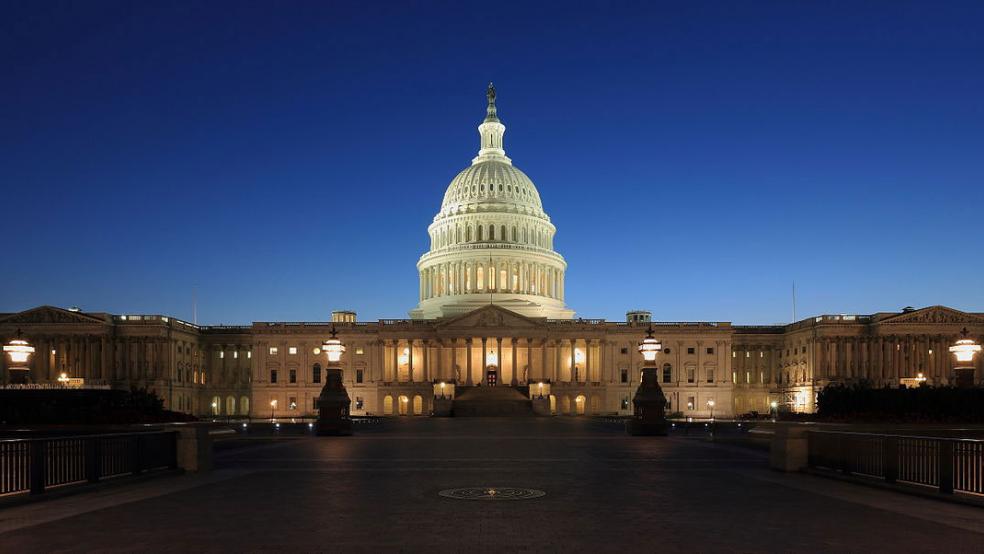Congressional negotiators announced Tuesday night they had reached a bipartisan deal on the framework for a full-year spending plan.
“We’ve made the first big, big, big, big step,” said Sen. Richard Shelby of Alabama, the top Republican on the Senate Appropriations Committee.
The details haven’t been finalized, and it will still take time to write the text of the massive omnibus funding bill covering some $1.7 trillion in spending, meaning that lawmakers still must pass a stopgap measure to prevent a partial shutdown after Friday, when the current funding expires.
The House is set to vote on the one-week stopgap funding bill tonight and the Senate could vote on it Thursday, barring what Senate Majority Leader Chuck Schumer called an “unwelcome brouhaha.” Any single senator could disrupt the planned timing.
Once the short-term threat of a shutdown is averted, lawmakers will need to button up the broader spending bill and wrangle the votes to pass it — both of which could present challenges.
House Minority Leader Kevin McCarthy (R-CA) has been vocal about his opposition to a full-year spending deal, preferring to hold off on negotiations until his caucus takes control of the House in January. Rep. Kay Granger (R-TX), the top appropriator for House Republicans, reportedly has not been involved in negotiations and was not part of the deal announced by Shelby, House Appropriations Chair Rosa DeLauro (D-CT) and Senate Appropriations Chair Patrick Leahy (D-VT). If House Republicans uniformly oppose the spending bill, Democrats in the chamber will have only a couple of votes to spare in trying to pass it.
Democrats and Republicans had previously agreed to roughly $858 billion in defense spending for fiscal year 2023 but were about $26 billion apart on non-defense funding. Republicans resisted Democratic demands for parity in spending increases and had reportedly pushed to keep the topline spending total below the $1.65 trillion requested by President Joe Biden.
“I’m glad that our Democratic colleagues finally accepted reality and conceded to the Republican position that we need to prioritize our national security,” Senate Minority Leader Mitch McConnell (R-KY) said on the floor Wednesday morning, according to Politico.
The full-year funding package is expected to include additional funding for Ukraine as well as a reform of the Electoral Count Act governing the certification of elections. It is not expected to include the expanded Child Tax Credit that Democrats had hoped to revive.





